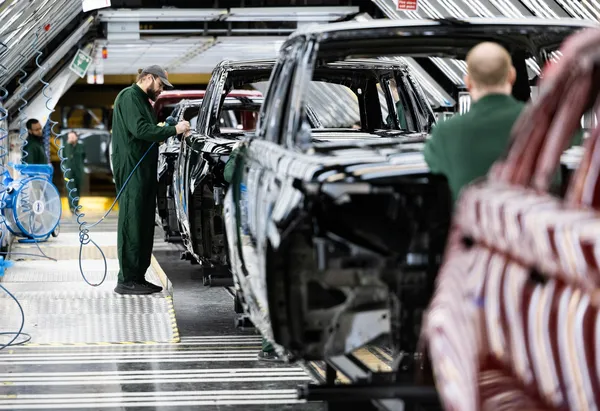
Reports of the UK's near-stagnant economic growth in the third quarter have raised eyebrows among economists, investors, and policy-makers. With the shadow of tax-rise fears and the fallout from the Jaguar Land Rover cyberattack, the country's economic expansion was reportedly the weakest since the country emerged from its first Covid-19 lockdown. This slowdown, coming just ahead of a crucial budget announcement from Chancellor Rachel Reeves on November 26, puts the Labour government under increasing pressure.
For the average person, investor, and small business owner, this news raises concerns about the UK's economic resilience. The slowdown could affect job security, investment returns, and business profitability. Moreover, with challenges such as supply-chain disruptions, rising inflation, and the energy crisis looming large, the outlook for the fourth quarter remains uncertain.
Analysts suggest that the slowing growth, coupled with the impending tax hikes, could lead to a rise in the cost of living, thereby straining household budgets. The average British worker may find their salary purchasing less, leading to a squeeze on living standards. For investors, the sluggish growth could mean lower returns, as companies grapple with higher costs and weaker demand.
Small businesses, which form the backbone of the UK economy, could also be hard hit. With weaker consumer spending and higher operating costs, many could find their bottom lines under pressure. This could lead to job cuts, reduced investment, and in extreme cases, business closures.
The Labour government, under Chancellor Rachel Reeves, faces a difficult task in stimulating growth. The budget, due to be announced on November 26, will be closely watched by all stakeholders. It is expected to contain measures to boost consumer spending, support businesses, and create jobs. However, with limited fiscal space, the government needs to strike a careful balance between spending and austerity.
The sluggish growth also raises questions about the Bank of England's next move. The central bank, which has kept interest rates at record lows to support the economy during the pandemic, may have to reconsider its stance. A rise in interest rates could help manage inflation but might also dampen consumer spending and investment.
In conclusion, the near-stagnant growth of the UK economy in the third quarter presents a complex challenge for policy-makers, investors, and the general public. The upcoming budget announcement from Chancellor Reeves will be a critical event, potentially shaping the country's economic trajectory in the coming months.

 Next
Next
Comments (0)
Leave a comment